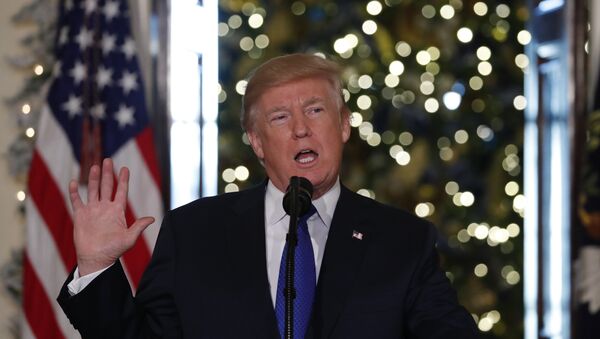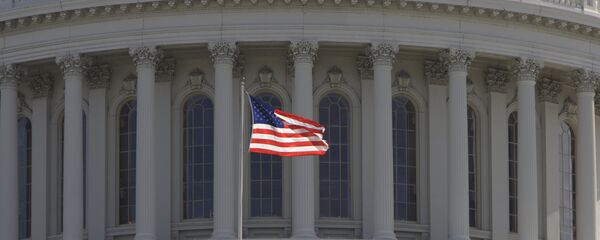The tax plan has passed the House and Senate but has been stuck in conference, where the two chambers hash out differences before the Senate holds a final vote sometime next week.
The day for the vote remains undetermined as of Friday since Sens. John McCain (R-AZ) and Thad Cochran (R-MS) are fighting health issues in the hospital. With the GOP's narrow 52-48 majority in the Senate, it's likely at least one needs to be present.
All Democrats have signaled they will vote against the bill, citing the estimated $1.5 trillion it will add to the national debt over the next 10 years. Republicans and economists in favor of the plan have argued that higher growth will lead to more revenue generated by taxes, thus offsetting the cost.
The legislation rolls back taxes on individuals and businesses and would mark the biggest achievement for proponents of tax cuts in 30 years.
Two of the main Republican holdouts threatening to vote against the bill, Sens. Marco Rubio (R-FL) and Bob Corker (R-TN), flipped positions on Friday and declared they would vote yes on the bill, virtually guaranteeing it will go to Trump's desk and become law.
Rubio was holding out for a new provision to give people with children a higher tax credit. On Friday, a spokeswoman for the Florida senator said that he was satisfied with the changes made in conference. The changes are "a solid step toward broader reforms which are both pro-growth and pro-worker," according to a statement on Rubio's Twitter account.
While stating he may need to review the final text of the bill, Baker told Loud & Clear that from his understanding, low- and middle-income people "wouldn't benefit from [Rubio's tax credit] because it's not fully refundable. They didn't change the rules on refundability. Say you had a single mother earning $15,000, $16,000, $17,000 a year — she'd get nothing from this."
The distribution of who wins and who loses is still an open question since budget analysts haven't had enough time to review the document, which just came out publicly Friday afternoon.
However, a study by the nonpartisan Tax Policy Center of the Senate bill — which is likely to bear the most resemblance to what comes out of conference — found that 62 percent of the benefits from the tax cuts would be accrued by income earners in the top 1 percent, while 0.1 percent of income earners would suck up 42.3 percent of the benefits from the tax overhaul.




